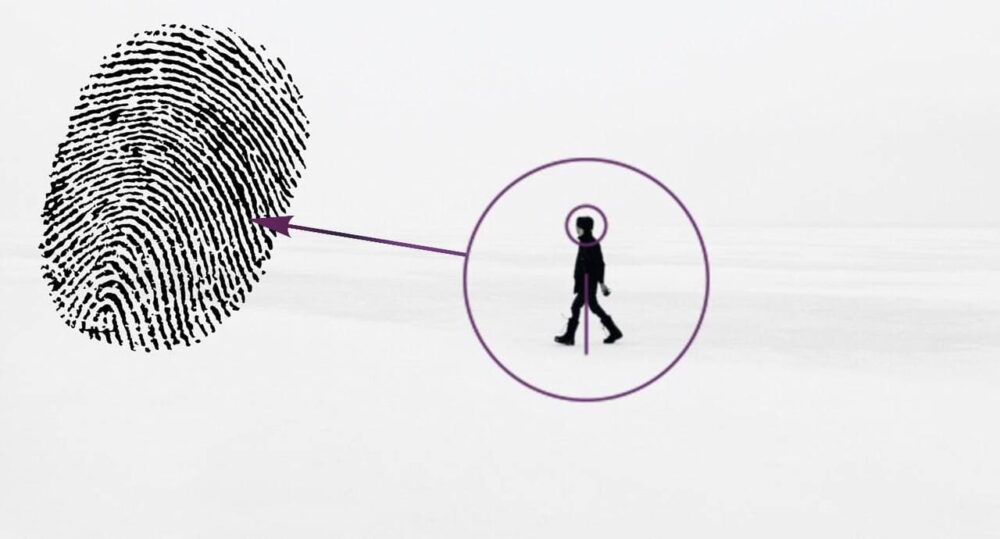Russian Ministry of Internal Affairs Tests Silhouette Recognition System in Five Regions
The Russian Ministry of Internal Affairs (MVD) has begun testing a new system for recognizing the silhouettes of people and vehicles in five regions of Russia, according to Andrey Telenkov, CEO of the developer company Ntechlab, as reported by TASS. Among the company’s co-owners are Rostec and the Ruben Vardanyan Foundation. Ntechlab’s facial recognition system is already used in Moscow’s city surveillance network and in other Russian regions.
According to Telenkov, Ntechlab has enhanced its system with the ability to recognize the silhouettes of people and vehicles. “The silhouette recognition solution is generating significant interest from our clients, and we are receiving many requests. It is already in use. I can say that the MVD is using it in five regions of Russia, and it is also being used abroad [in CIS countries, Latin America, and Middle Eastern states],” he said.
The technology, according to Ntechlab’s CEO, can “track a person’s trajectory, count people, and search for individuals by their silhouettes,” including by external attributes such as glasses, hats, or beards.
“The same applies to vehicles. We can recognize vehicles even from cameras where they are not clearly visible, where license plates can’t be read, or only part of the vehicle is visible,” Telenkov added. The algorithm can identify a vehicle by determining its color, make, and unique features.
Legal and Privacy Concerns
Well-known attorney Kaloy Akhilgov, commenting on the news, remarked, “Big Brother continues to watch…,” and recalled the case of Alyona Popova’s lawsuit against the MVD, Roskomnadzor, and the Moscow Department of Transport, seeking to declare the use of facial recognition technology in the surveillance system illegal. In his opinion, the use of data obtained from such systems is highly questionable from a legal standpoint:
“The court denied the claim, justifying its decision by stating that although the surveillance system uses facial recognition technology, it does not allow for the identification of individuals. Additionally, the court referred to the fact that the Unified Data Storage and Processing Center, which operates the system, does not contain any personal or biometric data of citizens. The main function of the system is only to compare the photo obtained from surveillance cameras with images already held by law enforcement. Accordingly, the court stated that video footage from surveillance cameras does not constitute personal data, meaning that written consent is not required for its processing. As a result, this decision effectively allowed authorities to monitor citizens through facial recognition systems. However, the court did not answer the main question: why is an image of a person obtained from a surveillance camera not considered personal data? Therefore, the issue of compliance with personal data legislation when obtaining images of people from surveillance cameras remains open and ambiguous.”
Calls for a Moratorium and International Campaigns
It is worth noting that RosKomSvoboda has advocated for a five-year moratorium on the use of facial recognition systems, citing the lack of legal regulation, the high risk of abuse by authorities (which has already been observed), frequent recognition errors (which have also occurred), and the numerous leaks of citizens’ personal data by the government. They argue that biometric data storage systems could become a toxic source of information for the privacy of any Russian citizen.
Additionally, RosKomSvoboda has joined the international #BanBS campaign, which also calls for a ban on biometric surveillance.



